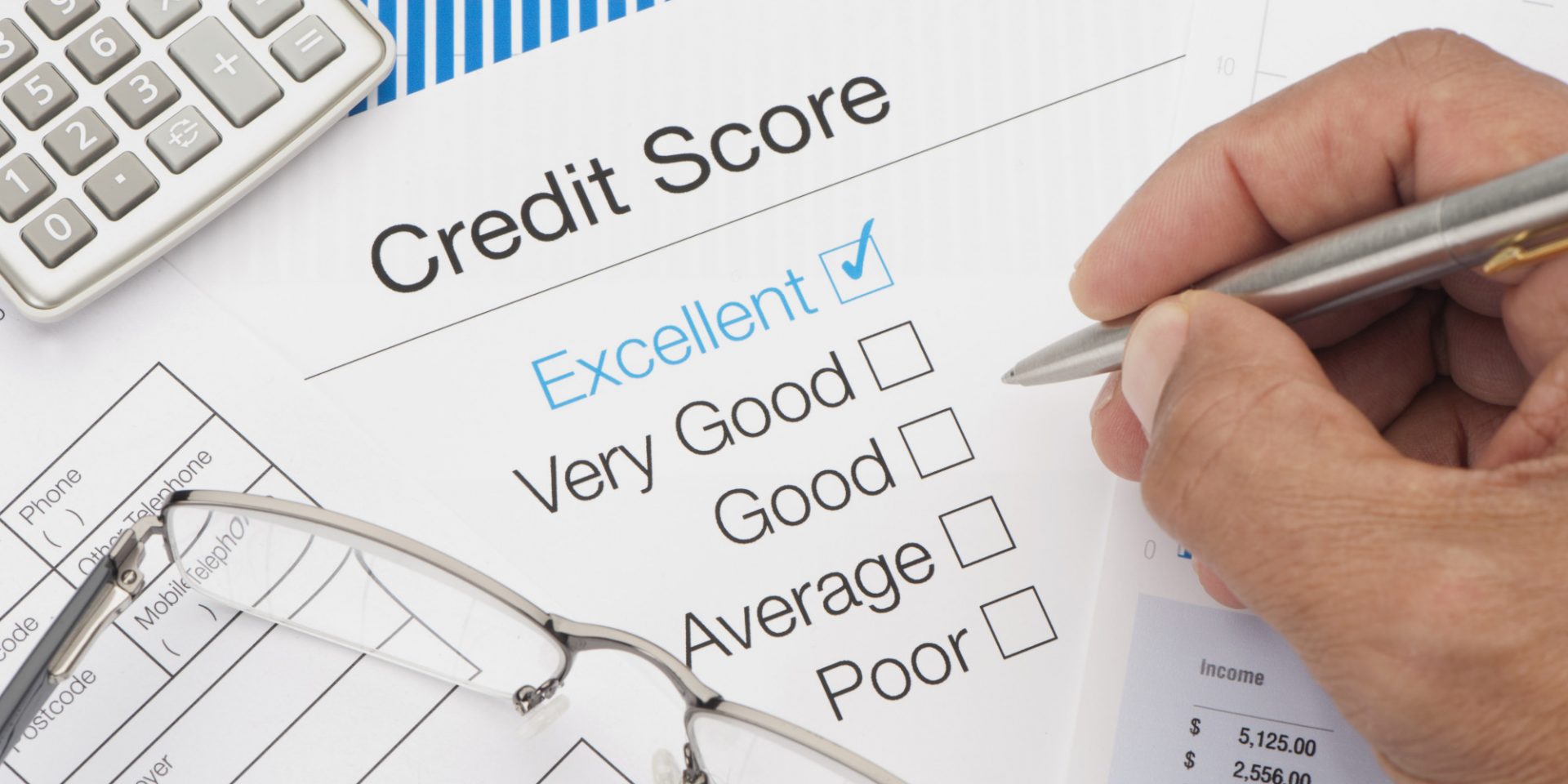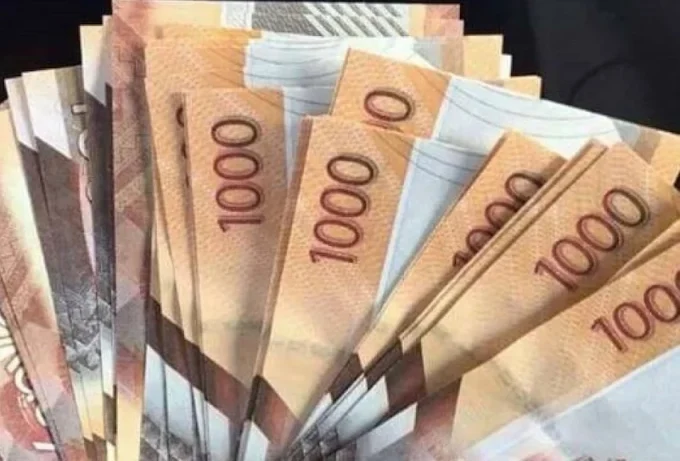The novel coronavirus (COVID 19) has been the topic of discussion since the turn of the decade, with the first case of the virus being reported on 31st December 2019 in Wuhan, China. Since then, the coronavirus has affected both developed and developing countries in terms of;
- International Trade – due to the lockdown, the disruption of the global supply chain is likely to cause input shortages causing most manufacturing plants and retailers to suspend operations.
- Financial and Commodity Markets – most investors in the equities market have become net sellers, wiping out any year to date gains that major indices had made. Most investors have moved to place their money in safer haven assets such as gold.
- Macroeconomic Indicators – the global economic growth for 2020 is likely to come in at a slower pace due to the spread of the coronavirus.
The first case of Coronavirus infection within Kenya’s borders was reported on the 13th of March 2019.
Despite this, the country had already begun experiencing the adverse economic effects of the pandemic. The table below shows the macroeconomic impact on key sectors of the Kenyan economy:
| Key Sectors | Impact | Level of Impact |
| Tourism Sector | The tourism sector, which contributed approximately 1.3% to Kenya’s GDP in Q3’2019, is facing hard times due to lockdowns in major economies where tourists originate from such as Italy. The lockdowns have seen a reduction in revenues to the aviation industry which also greatly contributes to the tourism sector. The hospitality industry specifically the Meetings, incentives, conferences, and exhibitions (MICE) is also expected to take a hit because of travel cancellation as well as the 30-day ban on public gatherings. | High |
| Agricultural Sector | Freezing of orders on fruits and vegetables to China, coupled with reduced orders from consumers in Europe & Middle East. A hike in the prices of imported inputs used for food processing and other processes. Reduction in airfreight volume cancelled shipping vessels and drop in export volumes. | High |
| Manufacturing Sector | The manufacturing sector heavily relies on intermediate goods from China. With the supply chain disruption, the sector is likely to be adversely affected. | High |
| Health Sector | The health sector has had to increase its spending and direct funding towards public sensitization and training of medical personnel. The government will have to increase its fiscal spending to ensure hospitals are well equipped to deal with the pandemic. The fiscal deficit is therefore likely to increase | High |
| Wholesale and Retail Sector | Imports from China account for 21.0% of total imports. The supply chain disruption and uncertainty may also affect this sector due to delays in the importation, reducing customer confidence. | Moderate |
| Finance and Insurance Sector | The effects of this are also expected to negatively affect the financial sector in this period, banks were expected to start recovering from the effects of the interest rate capping. We expect to see increased caution on lending especially to businesses that rely on imports hence inhibiting private credit sector growth. | Moderate |
| Construction Sector | The industry is facing delays in equipment delivery from the main import market China may cause a slowdown in the growth of this sector. Postponement of projects impacting on revenues in the industry, and delays in payments from clients and businesses that are affected by the slowdown in economic activity, and as well reduced funding from financial institutions. | Low |
| Professional Services Sector | The industry has recorded delays in payment from clients in China, which has, in turn, caused a delay in project implementation having a negative impact on revenue. | Low |
Based on the impact on other economies, Cytonn Investments believes that coronavirus may have a 10.0% to 25.0% impact on GDP growth for the year 2020. The 10.0% impact is an optimistic case in the event the outbreak is contained, and 25.0% in the event it is not contained.
Credit has to be given to the Kenyan Government on its swift handling of the medical side of the pandemic. However, work needs to be done on the business angle to ensure as little disruption as possible. As it stands, the coronavirus could reduce Kenya’s GDP growth to a range of 4.3% to 5.2% for the year 2020 depending on the severity of the outbreak and economic implications for Kenya.
We believe the Kenyan Government can borrow a leaf from the other governments and possibly:
- Grant tax breaks to companies seeking to increase their capacity to produce import substitute goods, which could even mean zero-rating VAT for the next 3-months.
- Release VAT refunds to assist businesses with managing their cash flows.
- Encourage banks to give concessionary loans at low rates to facilitate businesses, and as well provide moratoriums on loans that are due.
- Announce and provide for a Business Stabilization Fund to cushion the impact of the coronavirus, especially for Small & Medium Enterprises (SME’s).
- Consider reducing corporate tax for industries that have been highly affected by the virus such as the aviation industry, or waiving corporate tax for a 3-month period as well as a reduction in payroll tax for the next three months for the low-income bracket workers, and,
- Strengthen the local supply chain for traders to be able to access import substitute goods.
To read more on this, please see the full report here



![WHO is debunking several myths regarding the covid-19 coronavirus and how it can be transmitted. The move is meant to ensure that exposure and new infections are minimized. [Photo/CNN]](https://businesstoday.co.ke/wp-content/uploads/2020/03/Coronavirus_CNN-150x150.jpg)









Leave a comment